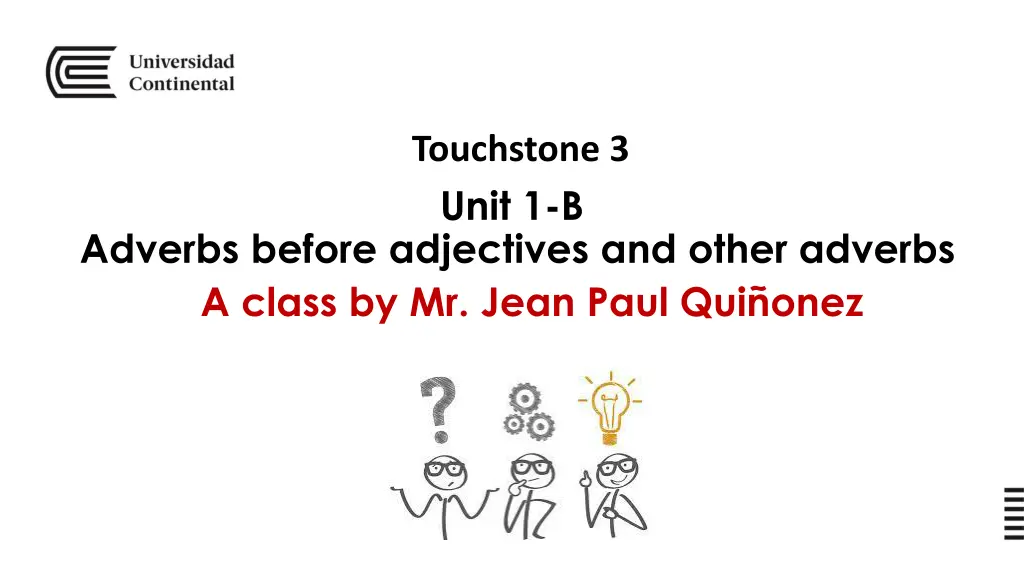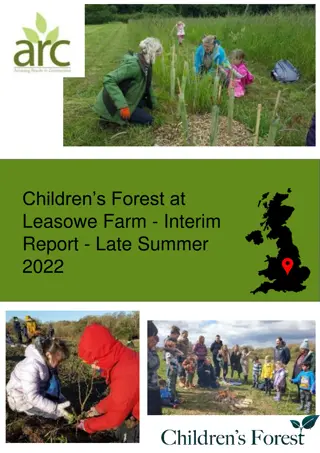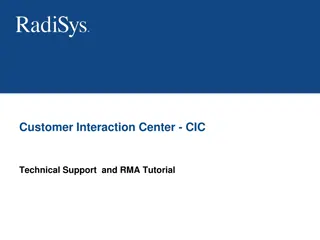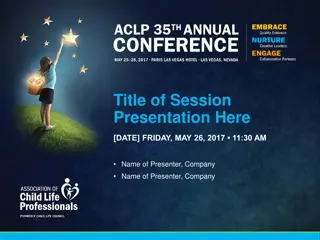
Understanding Adverbs in English Grammar | Intensity, Usage, and Examples
Explore the use of adverbs before adjectives and other adverbs in English grammar with examples like incredibly, extremely, pretty, and more. Understand how adverbs intensify and modify the meaning of words, distinguishing degrees of intensity. Learn about the prefixes for forming opposites of adjectives and their impact on language. Discover the differences between speaking and writing styles in the application of adverbs. Enhance your knowledge of adverb usage and intensifiers to improve your language skills.
Download Presentation

Please find below an Image/Link to download the presentation.
The content on the website is provided AS IS for your information and personal use only. It may not be sold, licensed, or shared on other websites without obtaining consent from the author. If you encounter any issues during the download, it is possible that the publisher has removed the file from their server.
You are allowed to download the files provided on this website for personal or commercial use, subject to the condition that they are used lawfully. All files are the property of their respective owners.
The content on the website is provided AS IS for your information and personal use only. It may not be sold, licensed, or shared on other websites without obtaining consent from the author.
E N D
Presentation Transcript
Touchstone 3 Unit 1-B Adverbs before adjectives and other adverbs A class by Mr. Jean Paul Qui onez
Incredibly, extremely, very and really My father s job is incredibly amusing. You work extremely well. Is your house very big? We enjoy really hot wings. Intensity of an adjective or adverb is stronger
Pretty and fairly This is pretty awesome to see you built your house yourself. My sister found a fairly cheap car to buy. It s just pretty difficult but, it`s not the end of the world. More than a little in the intensity it describes.
Absolutely or really (not very) We are absolutely tired for today, that construction took all of our energy. This is really annoying to see you are not paying attention. Superman is really strong, that s why he s called the man of steel. With adjectives that describe strong ideas.
At all We aren t sad at all. This house isn t old at all, it was just built 20 years ago. I m not exhausted at all, I can go on working for 4 more hours. For making negative ideas stronger.
Completely and Totally We are completely happy with the results of the test. My father is totally honest with the people he works with, they trust in him completely. Life can be completely good if you know how to live it well. To increase the intensity of the adjective we are using.
Speaking vs. writing People usually use the adverbs really and pretty much more often in conversation than in writing. Speaking: Both sentences communicate similar ideas. My job is really stressing because I don t get much time to rest. Writing: My job is very stressing because I don t get much time to rest.
Adjectives prefixes Patient Considerate inconsiderate Friendly Honest impatient We use some prefixes to indicate the opposite unfriendly dishonest Those are the most common prefixes to be used for the opposite idea of an adjective.
Opposites My mother is usually patient with us, but my father is impatient when he tries to help us with our homework. I ve got a lot of friendly relatives but one. He is my grandpa, a person who is unfriendly with most of the people who visit us. Julio is disorganized with all his personal items at home, but he seems to be very organized at work.





















